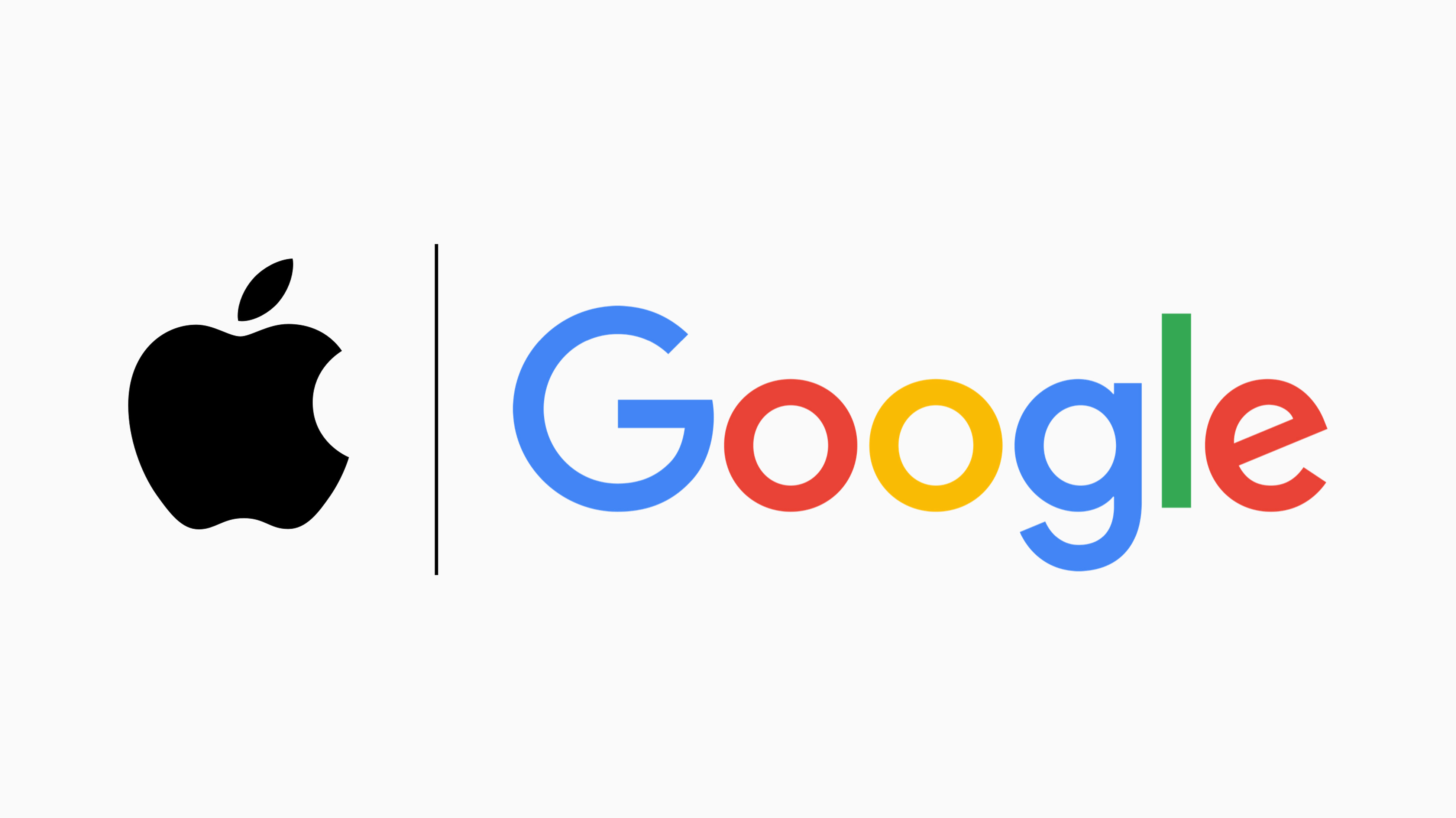
The European Union’s highest court has upheld a massive $2.7 billion fine against tech giant Google for anti-competitive practices related to its Shopping service. This decision, initially imposed in 2017, could have significant implications for the search engine giant and how advertisers strategize and allocate their budgets.
The case against Google revolves around accusations that the company favored its own price-comparison service in search results, thereby disadvantaging competitors. Google appealed the case in an effort to avoid similar fines and demands for change in other areas of “vertical search” results such as maps/local, travel, and other categories. However, the EU Court of Justice ruled that Google’s conduct was “discriminatory” and outside the scope of fair competition.
While Google has already made some changes to comply with the 2017 decision, this recent ruling could lead to further adjustments in how the company shares data and enhances algorithm transparency. These changes could impact how advertisers strategize and allocate their budgets, as they may need to adapt to new guidelines and regulations set forth by the EU.
Google expressed disappointment with the decision, stating that it relates to a specific set of facts. However, they acknowledged that they had made changes to comply with the European Commission’s decision in 2017. On the other hand, the European Consumer Organization (BEUC) praised the court’s decision, stating that it confirms that Google cannot unfairly deny European consumers access to unbiased online information.
Overall, this ruling against Google highlights the ongoing efforts by regulatory bodies to ensure fair competition in the tech industry. It serves as a reminder that even the biggest players in the market are not immune to penalties for anti-competitive practices. As advertisers and businesses navigate the digital landscape, they will need to stay informed about regulatory decisions and adapt their strategies accordingly.
About the Author:
Anu Adegbola is the Paid Media Editor of Search Engine Land since 2024. With extensive experience in delivering digital marketing campaigns, she specializes in paid search, paid social, retail media, video, and more. Anu’s expertise lies in building strategies, maximizing ROI, automating repetitive processes, and bringing efficiency to marketing departments. In addition to her role at Search Engine Land, she is the founder of PPC networking event – PPC Live, the host of the weekly podcast PPCChat Roundup, and a brand evangelist at ClickTech. Anu is also an international speaker, having presented at various conferences and events worldwide.
